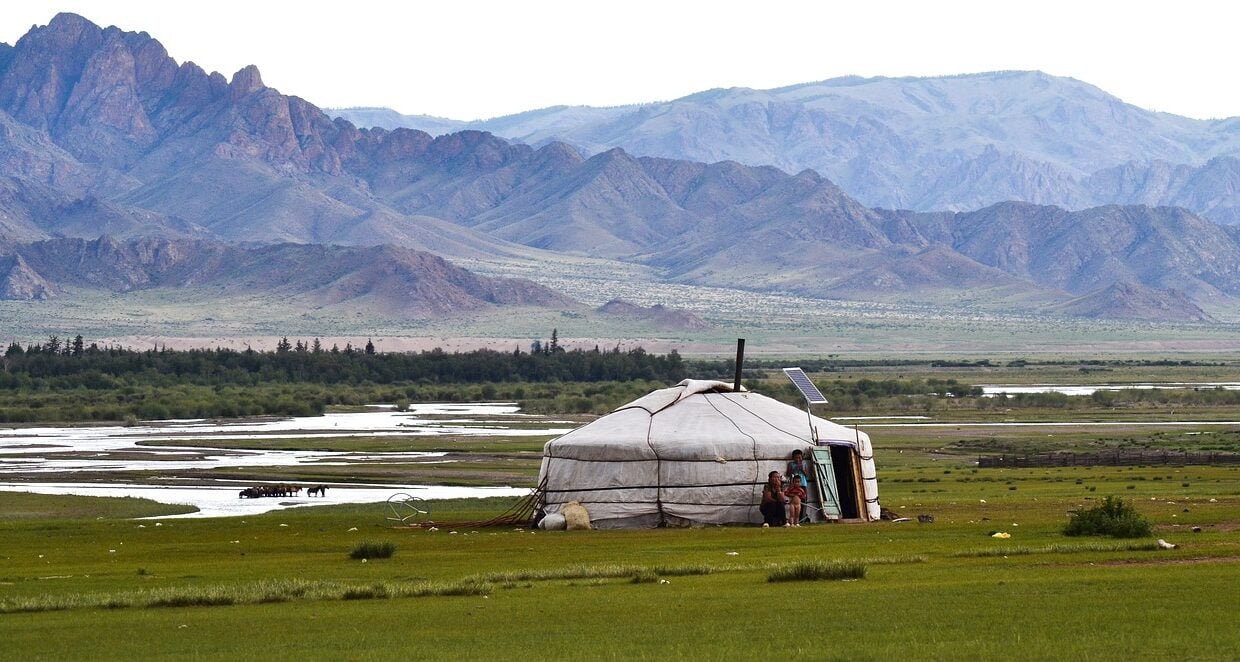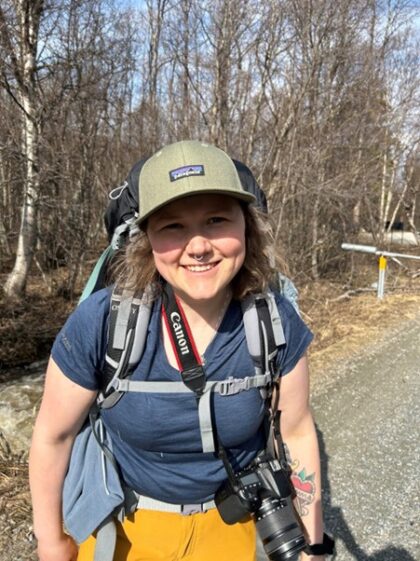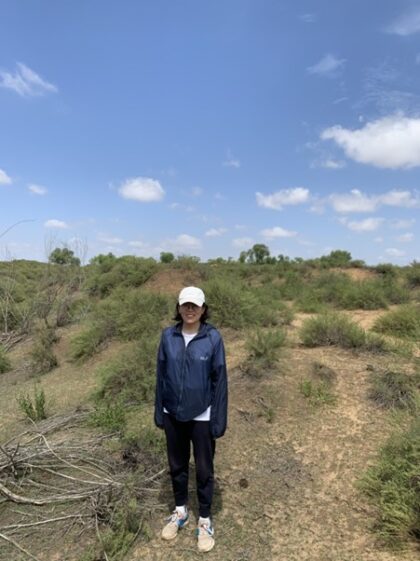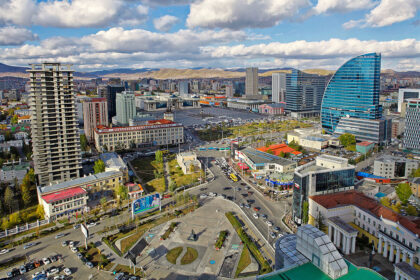
NIKU to Mongolia: How do Empires arise from small-scale herding groups?
A summer in Mongolia is a distant thought for many. 1st of July, two of NIKUs researchers will travel to Mongolia to study cooperation among nomadic herders.
Guro Fisktjønmo and Wurihan from the research project Complexity will travel to Mongolia on 1st of July to carry out the first fieldwork in the project. From July through September, they will conduct fieldwork among nomadic herders in rural areas of Mongolia, and the peripheral western part of Mongolia.
Complexity:
In 2022, Marius Warg Næss was awarded the ERC Consolidator Grant for the ERC project:
The project’s participants are researching nomadic pastoralists in Mongolia and investigating evolutionary factors that affect cooperation.
The project is financed through the ERC Consolidator Grant.
ERC Consolidator Grant:
The ERC Consolidator Grant is one of the European Research Council’s (ERC) funding schemes.
The support is intended for individual researchers with 7-12 years of experience, who want to build up their own research teams.
From herding groups to Chinggis Khan
Nomadic empires have long fascinated scholars, but the traditional view – being that they arise through contact with agricultural neighbors – does not fully explain how herding people evolved from small, kin-based cooperative groups to powerful hierarchical units. This is the core of the research project Complexity, which aims to understand political, social, and cultural organization among herding cultures.
The researchers behind the project see cooperative herding groups as fundamental building blocks in nomadic societies. From Africa to Inner Asia, they want to develop a theoretical explanation for how political complexity can arise from such groups.
Previous studies have been based on individual cases, and there is a lack of a cross-cultural study of cooperation among herding people. The Complexity project combines empirical data with modelling techniques to explore whether collaborative herding groups can be considered prototypes for more complex organizations.
Interdisciplinary fieldwork in Mongolia
Guro Fisktjønmo – an ecologist and Wurihan – an anthropologist will be cooperating on this fieldwork seeing herding from different angles.
Fisktjønmo will conduct interviews and experimental games to investigate how herders cooperate with each other. Wuhiran will explore the dynamics of cooperation among Mongolian herders through the lens of animal health and will be using ethnographic participant observation.
NIKUs researchers on fieldwork in Mongolia
Wurihan: Anthropologist and researcher with extensive experience from fieldwork in pastoral communities in Inner Mongolia, China. Wurihan speaks Mongolian, specifically a unique dialect called the Horqin dialect.
Guro Lovise Hole Fisktjønmo: Ecologist, researcher and research fellow. Guro works interdisciplinary at the intersection of social sciences and ecology with a focus on collaboration in pastoral systems.


From Ulaanbaatar to the peripheral western part of Mongolia

The researchers will start their journey from the capital Ulaanbaatar where they will meet up with local connections and networks. To be able to do fieldwork in Mongolia one needs a work permit, something the International Institute for the Study of Nomadic Civilizations under the auspices of UNESCO helped facilitate. Wurihan and Fisktjønmo will be doing their first round of fieldwork for a duration of three months.
Navigating the vast Mongolian landscape with its continental climate and daily temperature fluctuations requires more than maps and GPS, and the researchers will also be assisted with an experienced driver and a reliable vehicle on their journey.
Ethical guidelines
When doing research on humans there are always ethical questions that need considering.
The project therefore has an ethical guideline that among other things discusses how to interact with participants in another culture and the study design and methodology. The project is also approved by Sikt – the Norwegian Agency for Shared Services in Education and Research and a designated ethical board that has evaluated the ethical aspects of the research project.
Experimental games as a methodology
Fisktjønmo`s research will include mapping social networks and experimental games. Experimental games are a widespread research method to investigate human behavior, such as cooperation. Fisktjønmo explains how she will go about using experimental games as a research method:
– The herders will be given a set amount of money they can choose to give as an anonymous gift to other herders or keep for themselves. This models a decision problem whereby herders have to decide on how to distribute a limited resource.
By combining the social networks and the results from the experimental games, Fisktjønmo will be able to examine the importance of kinship, reciprocity, network position and social environment for those the herders choose to cooperate with.
Cooperation among Mongolian herders through the lens of animal health
The recent pandemic prompted Wurihan to consider issues of animal health, which is regarded as a potential source of future outbreaks affecting humankind. Observing the dynamics and cooperation within the herding community, characterized by the coexistence of herds and herders with other entities, she hopes to shed some light on this crucial issue.

